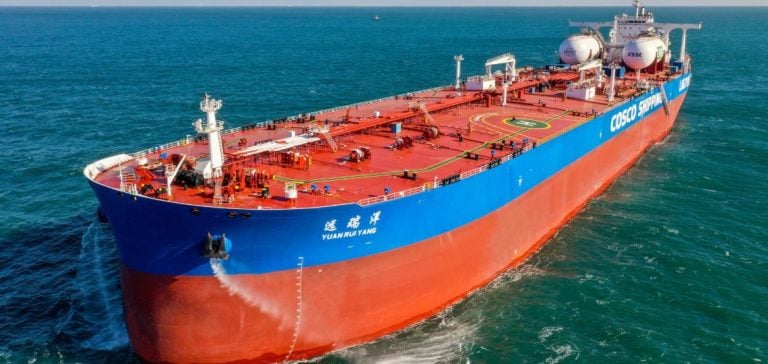The South China Sea is a region abundant in natural resources, sought after by several Asian countries for its vast oil and gas reserves. This week, Indonesia reinforced its stance by pushing back a Chinese vessel that had ventured into contested waters north of the Natuna Sea, a maritime area claimed by Jakarta under international law.
Indonesia’s Maritime Security Agency stated in a communiqué released Saturday that the Chinese coast guard vessel, identified as China Coast Guard-5402 (CCG-5402), had entered the zone on Friday. This Chinese vessel had already disrupted ongoing research activities in the area on Monday, conducted by Pertamina, Indonesia’s state-owned oil company. When an Indonesian vessel intervened to warn the CCG-5402, the Chinese coast guard claimed that the area fell under their jurisdiction.
Context of the Natuna Sea
The waters around the Natuna Sea hold special significance for Indonesia, not only for their maritime resources but also in terms of territorial security. Although China and Indonesia maintain economic relations, Jakarta is determined to curb foreign vessels’ access to its waters. According to Indonesia, Chinese vessel incursions disrupt the local economy, particularly in the fishing sector, where losses are estimated in the billions of dollars each year.
This is not the first time tensions have flared between China and Indonesia in this region. In 2020, Jakarta mobilized fighter jets and warships to patrol waters near the Natuna Islands. These measures were implemented following the presence of Chinese vessels in the area.
Challenge for the New Indonesian President
These recent incidents represent a test for newly elected Indonesian President Prabowo Subianto, who has declared his commitment to defending his country’s rights in the region. In a speech shortly after his election, Subianto stated that strengthening territorial sovereignty would be a priority. These Chinese incursions therefore constitute an initial test to assess the firmness of this new administration on maritime security issues.
The reefs of the South China Sea are not only strategic for their energy potential but also serve as crucial maritime routes for international trade. Geological studies estimate that the seabed in this region could contain significant volumes of oil and gas, although projections vary considerably in terms of yield and accessibility.
An Unstable Geopolitical Situation
China claims a large portion of the South China Sea, relying on ancient maps, although this claim was rejected by the Permanent Court of Arbitration in 2016. Despite this ruling, Beijing continues to regularly send vessels into waters claimed by several Southeast Asian nations, including the Philippines, Malaysia, and Vietnam.
In response to Chinese maneuvers, some countries in the region, including the Philippines, have also increased their presence in disputed areas. Recently, China has heightened its naval activities to attempt to remove Philippine troops from certain islands and reefs in the South China Sea. Japan is also on alert over growing tensions in the waters of the East China Sea, where a group of disputed islands remains under increased scrutiny by Tokyo and its regional allies.
Indonesia’s reaction to the repeated incursions by Chinese vessels is closely monitored by other nations, particularly the United States and its allies, who have expressed support for freedom of navigation in this strategic region.






















